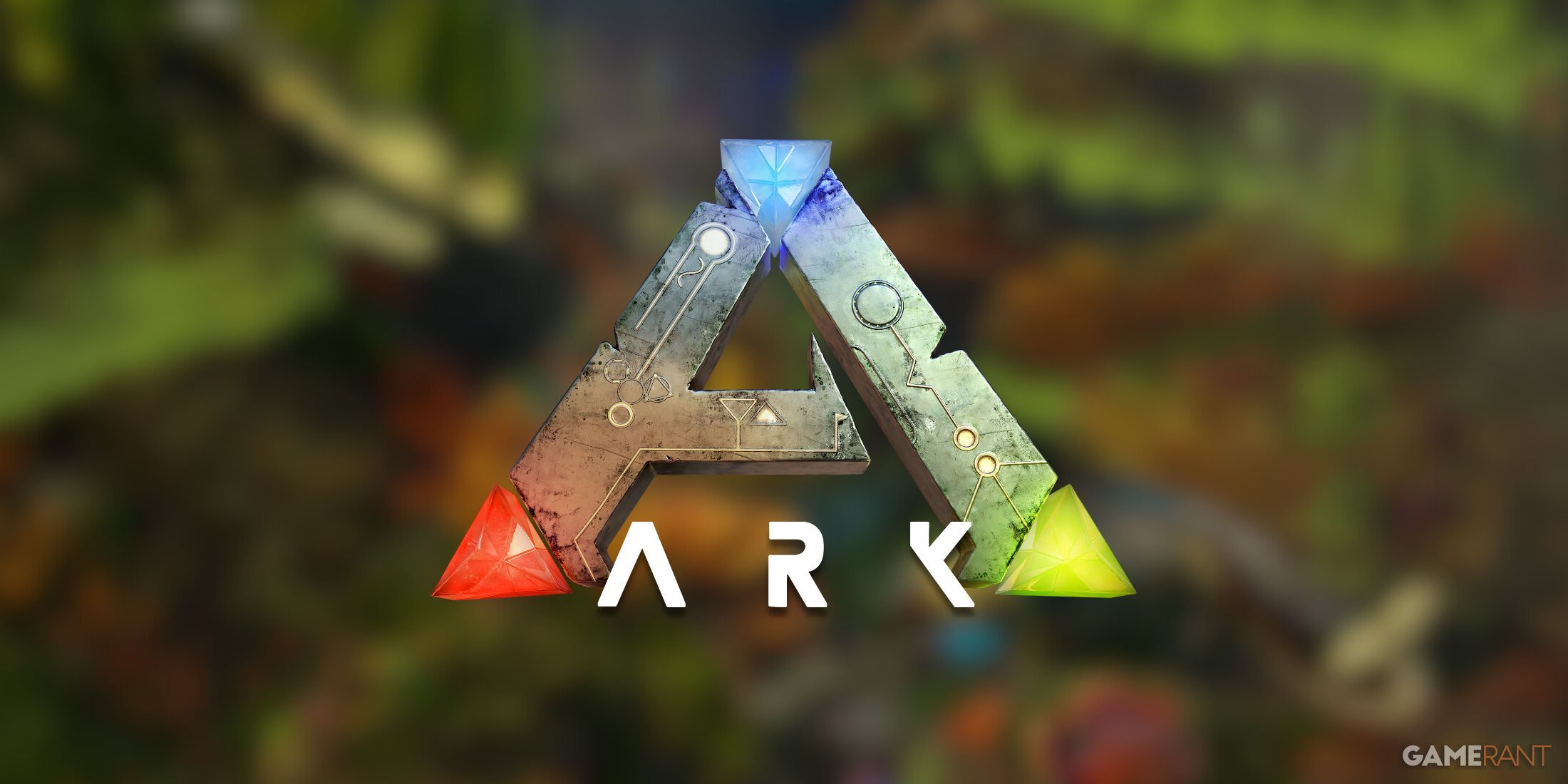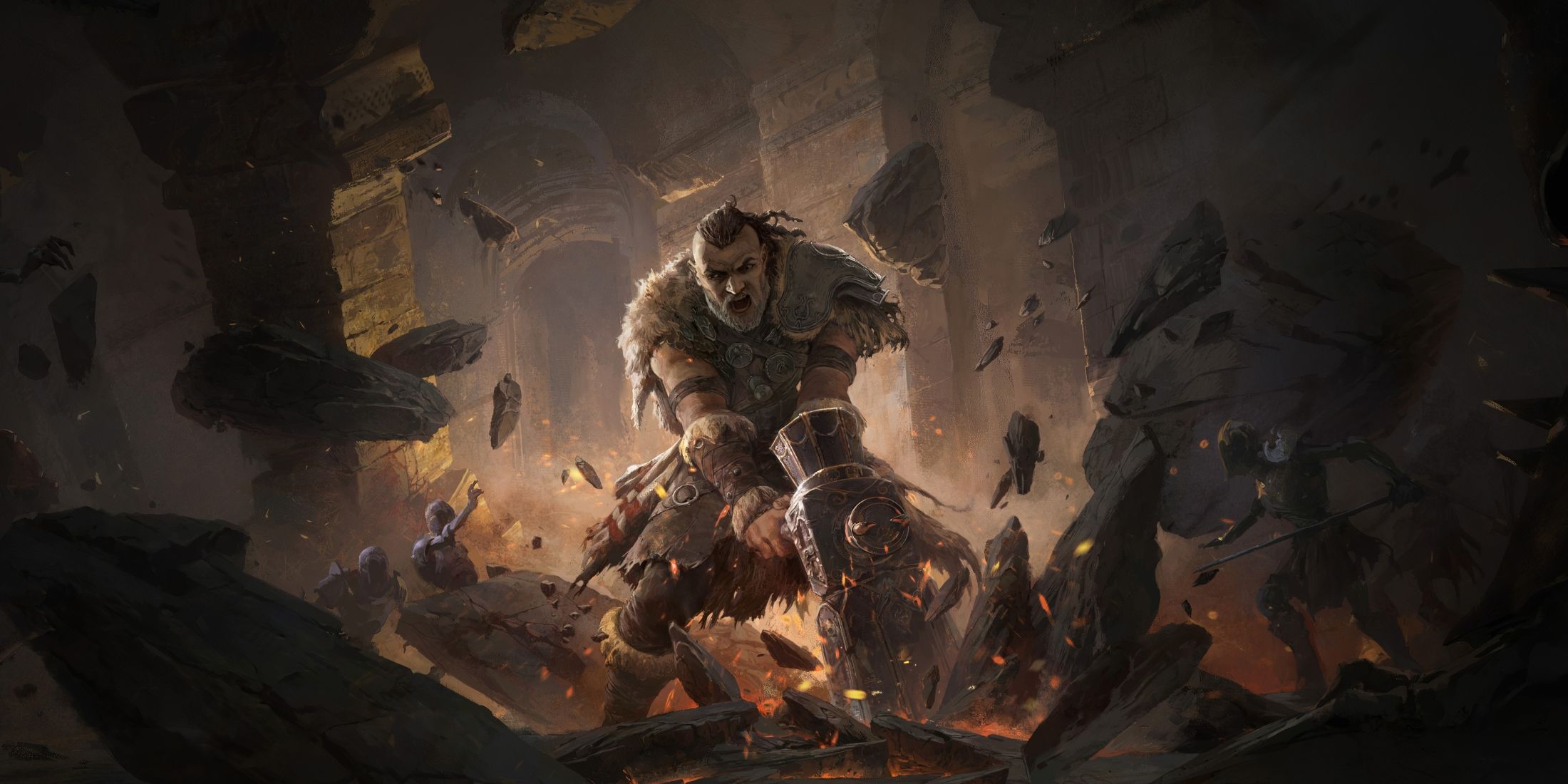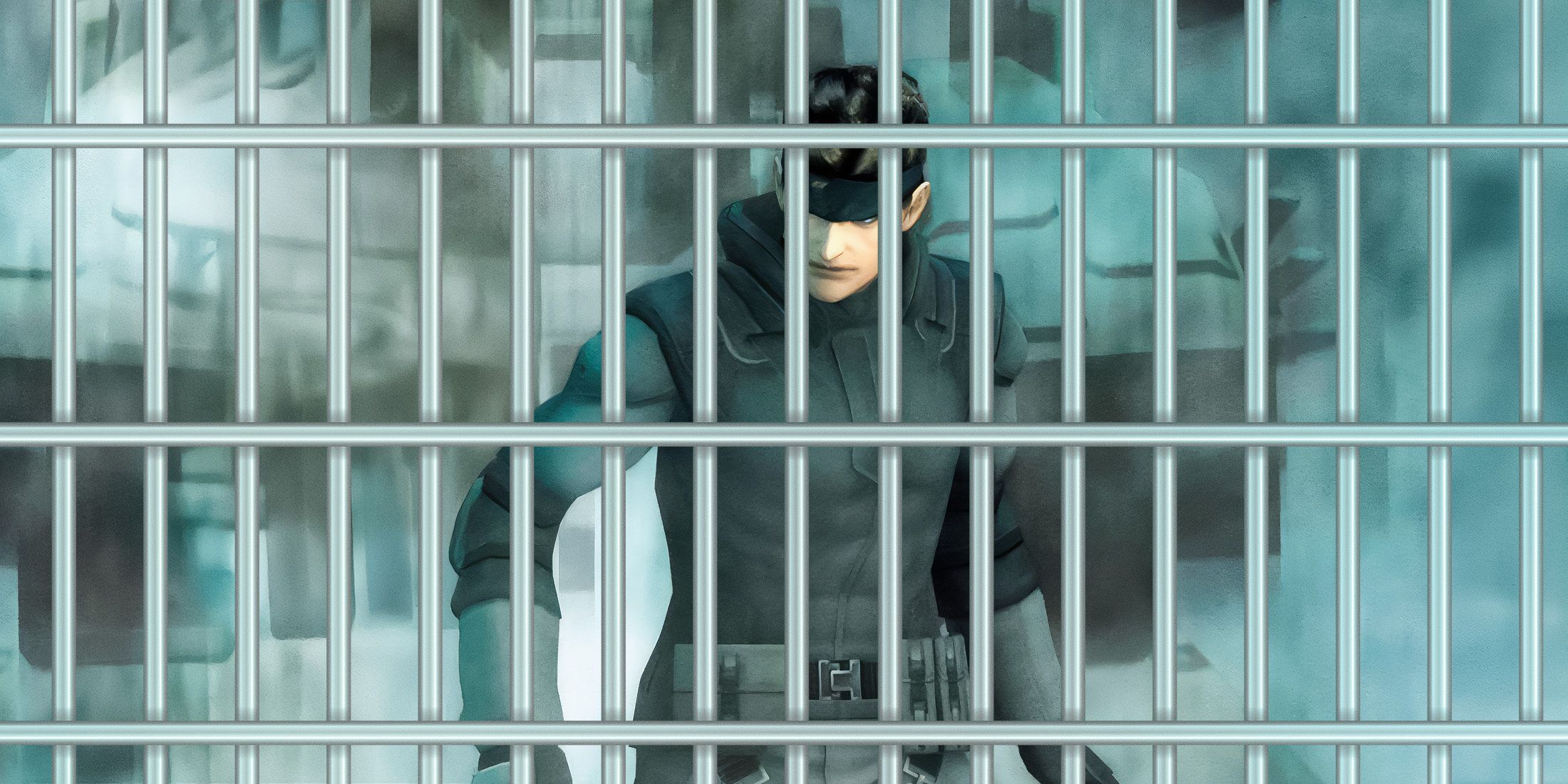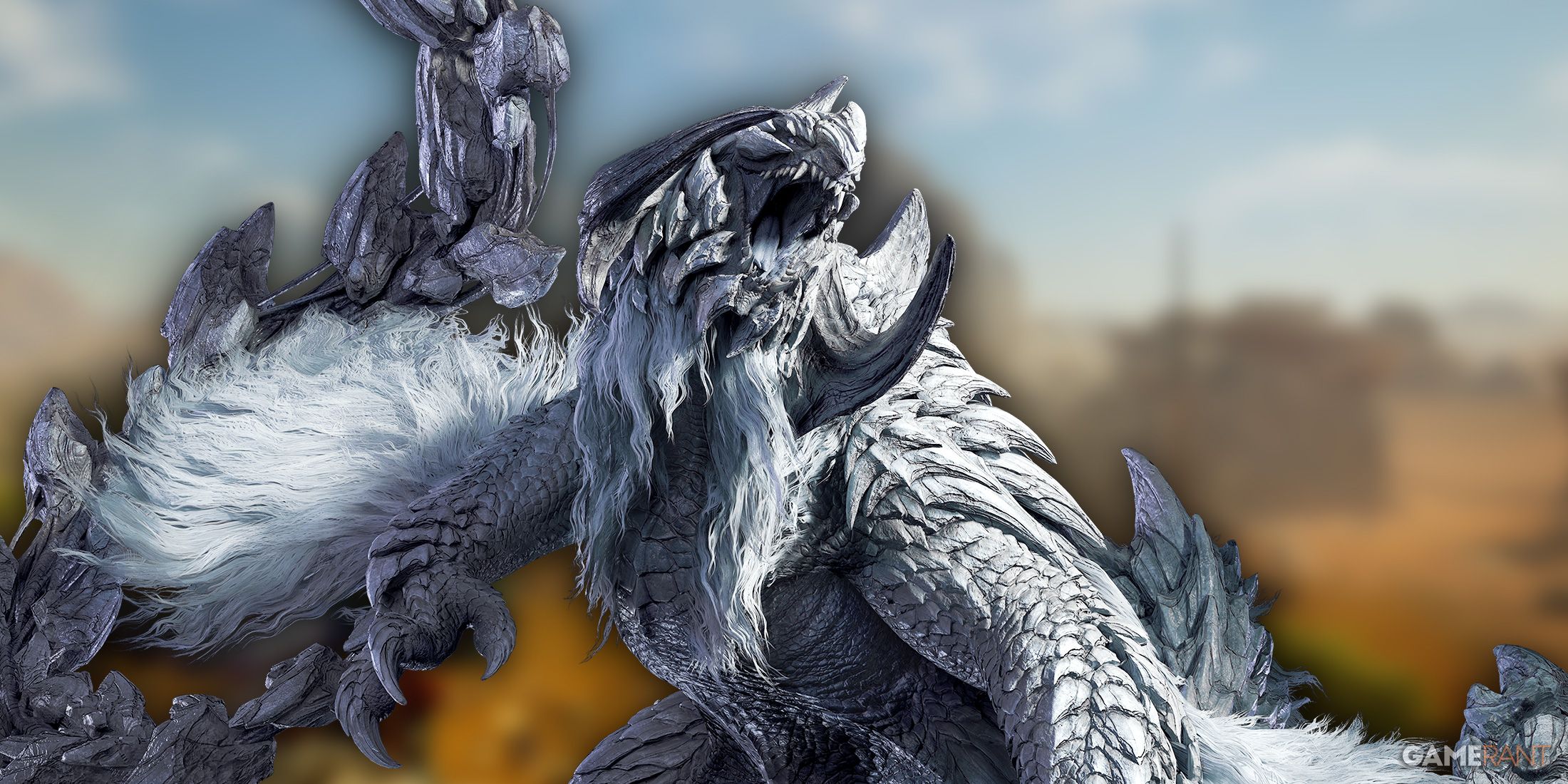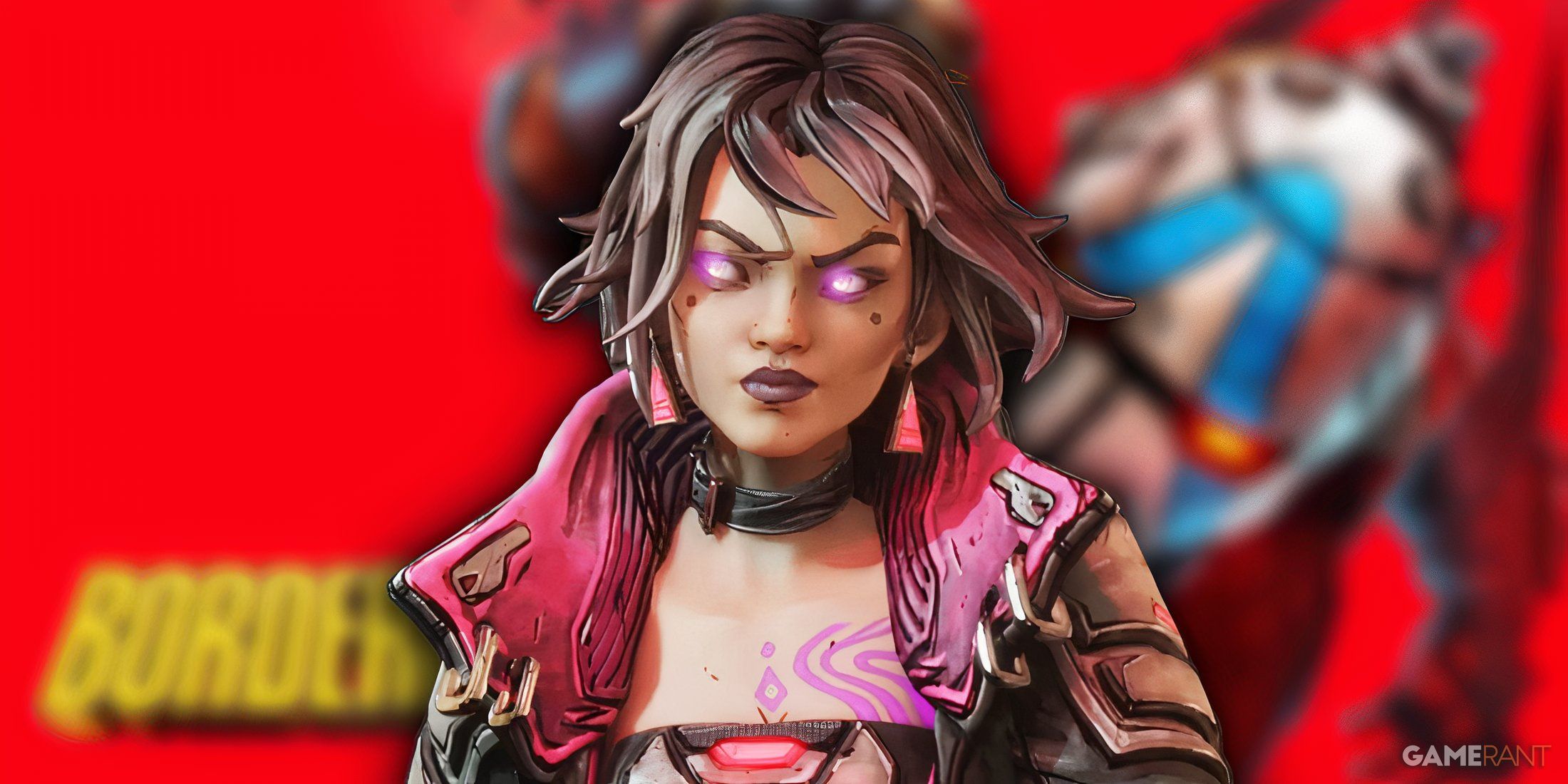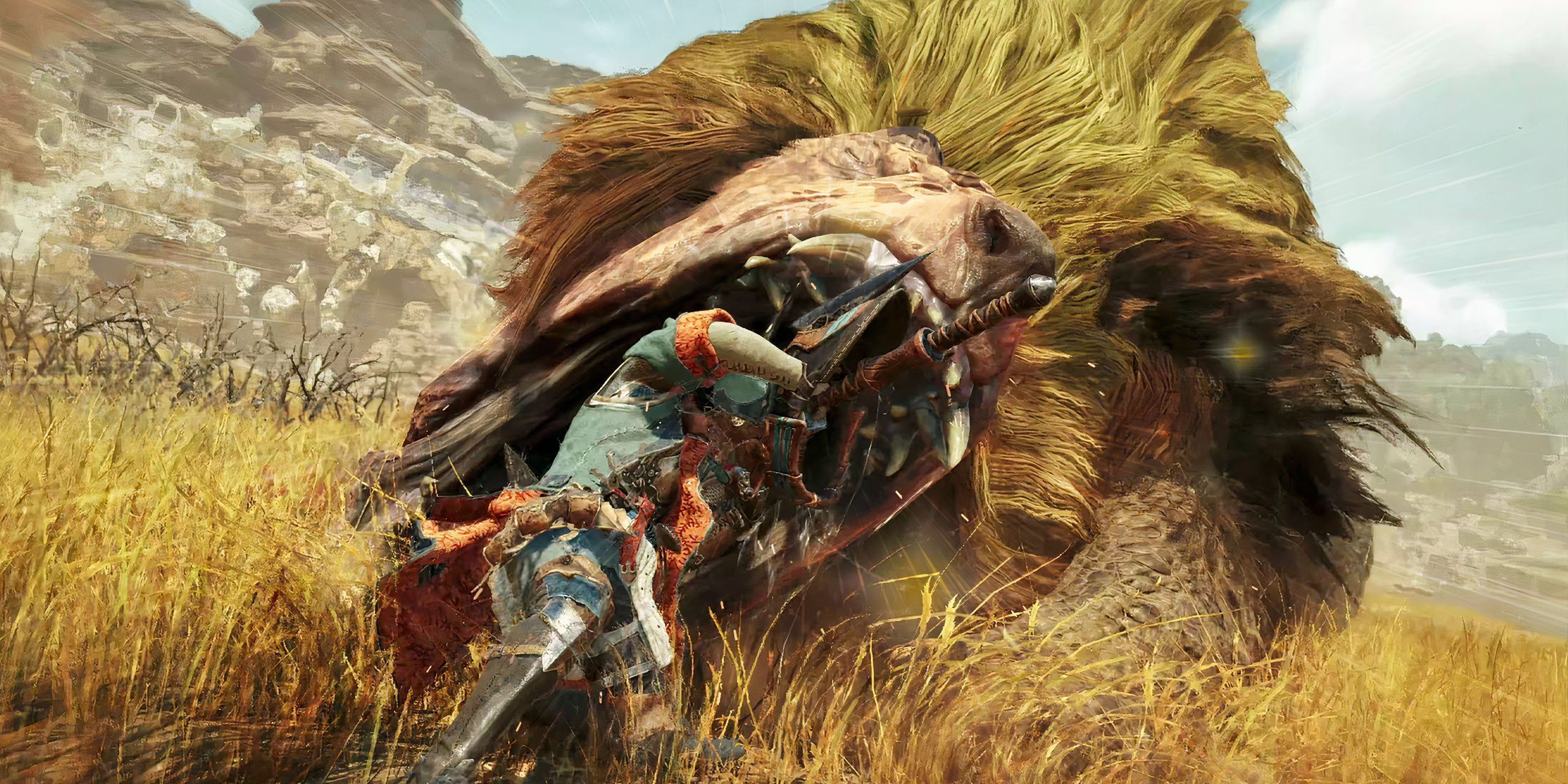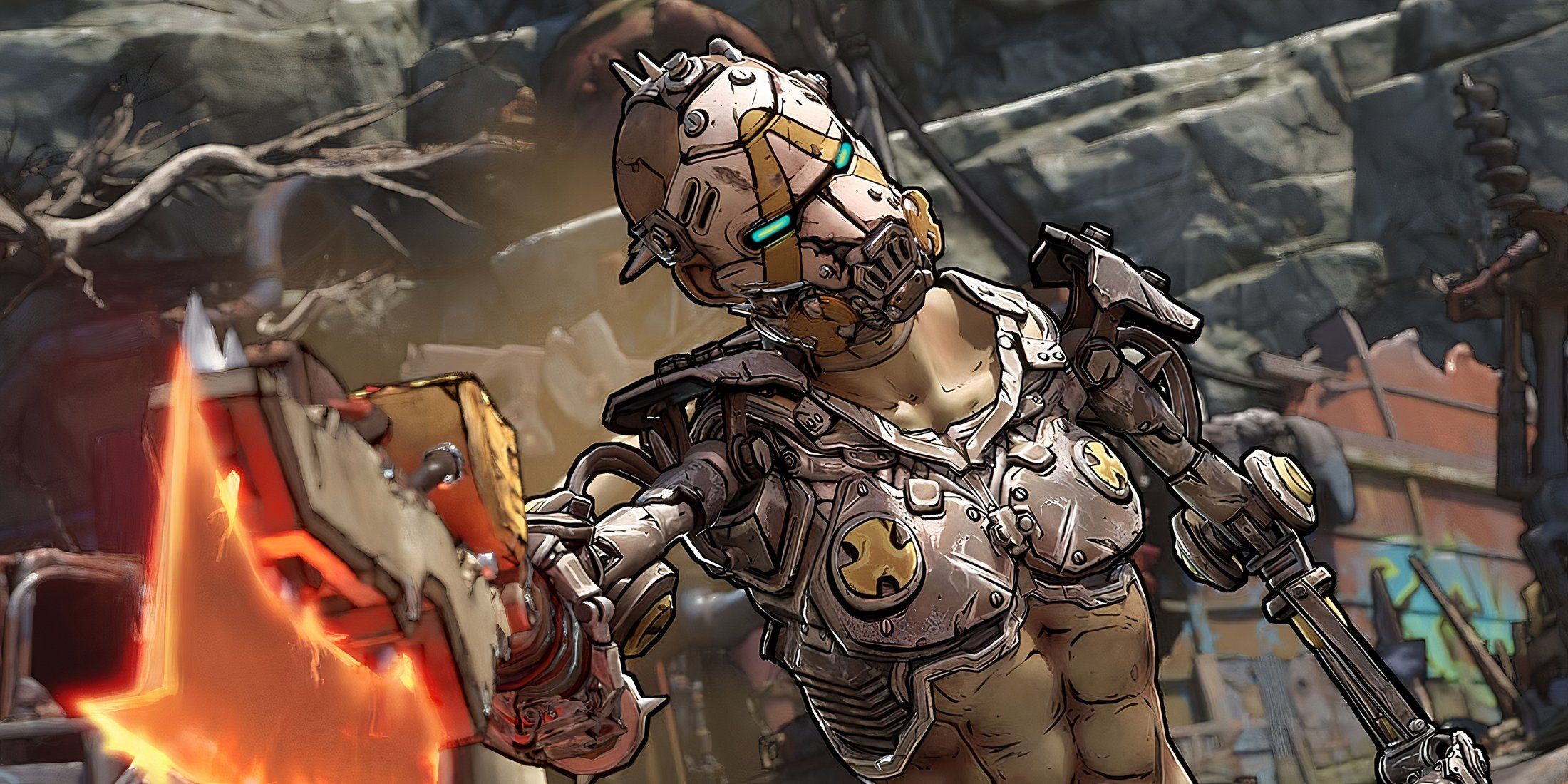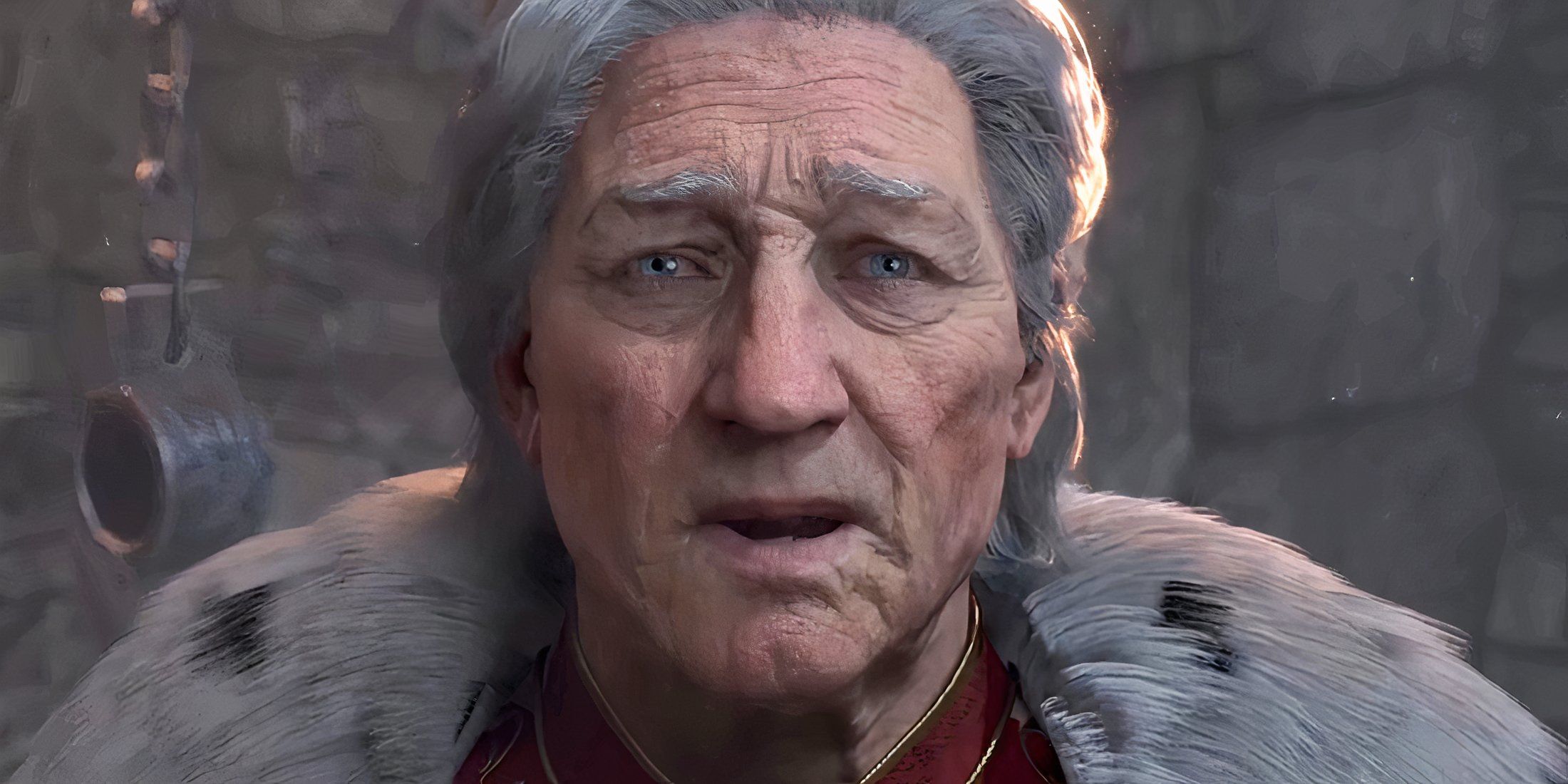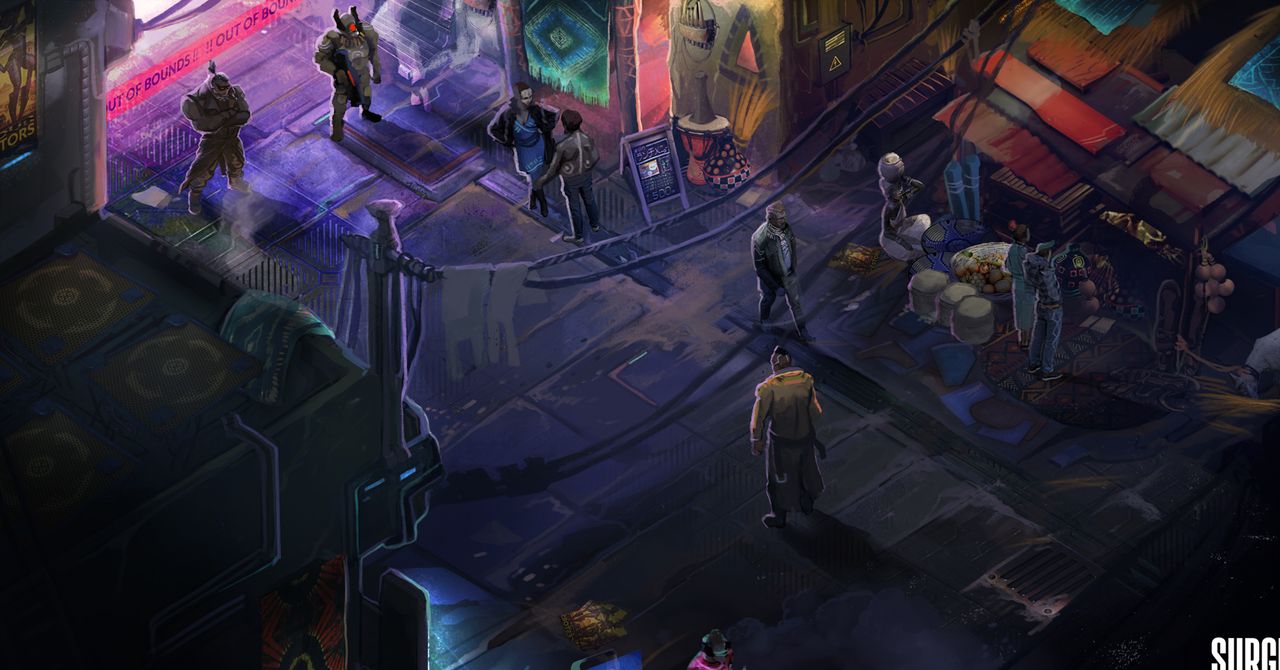
Abubakar Salim possesses the kind of optimism actors require. After years of failed auditions and lost parts, he’s as familiar with rejection as he is success. That persistence has paid off in roles on shows like Raised by Wolves and House of the Dragon. This year, he added another success to his record with the release of Tales of Kenzera: Zau, an eye-catching Metroidvania game that honors his late father and celebrates Bantu culture. It also marked his jump from acting in video games to making them.
His timing couldn’t have been worse. The games industry is in free fall, with massive layoffs hitting on a near weekly basis. For smaller developers, like Salim’s Surgent Studios, the situation is even more grim. As funding dries up, many small studios are simply vanishing.
Concurrently, online mobs decry the inclusion of people of color or those from marginalized groups in games, calling it “forced diversity”; if these games underperform, conspiracists point to these titles as an indication that representation equates with failure, ignoring the ongoing and nuanced challenges the industry faces.
When Salim released Zau in April, its Steam and Metacritic pages were bombed with users complaining about “3-letter agencies behind it that want to push an agenda” (a reference to consultancy firms like Sweet Baby Inc. or the acronym for diversity, equity, and inclusion: DEI). Reviews of Zau on those platforms have otherwise been quite positive.
Roughly six months after the game’s release, Surgent announced—like so many other studios this year—that it would put its team on hiatus until it could secure funding for its next project.
Surgent and Salim aren’t giving up. The team is pitching a new game—currently known as Project Uso—that they’re billing as an Afro-gothic, choice-driven RPG inspired by Planescape: Torment. Fittingly, it’s about not letting “fear of death consume you.”

